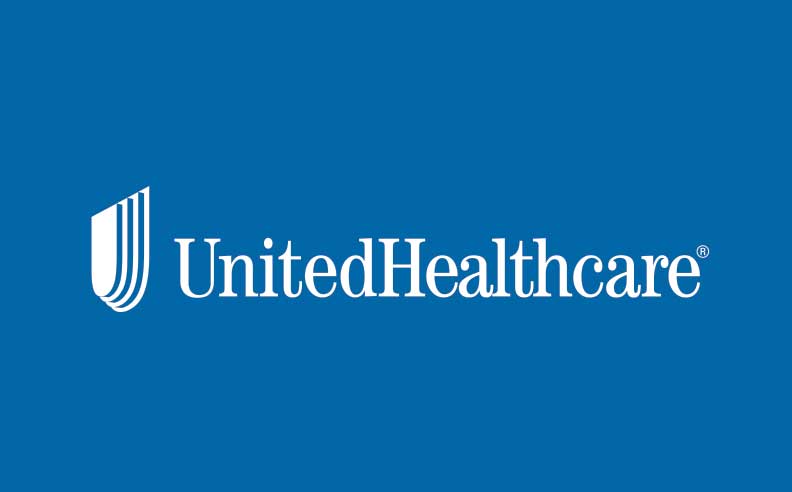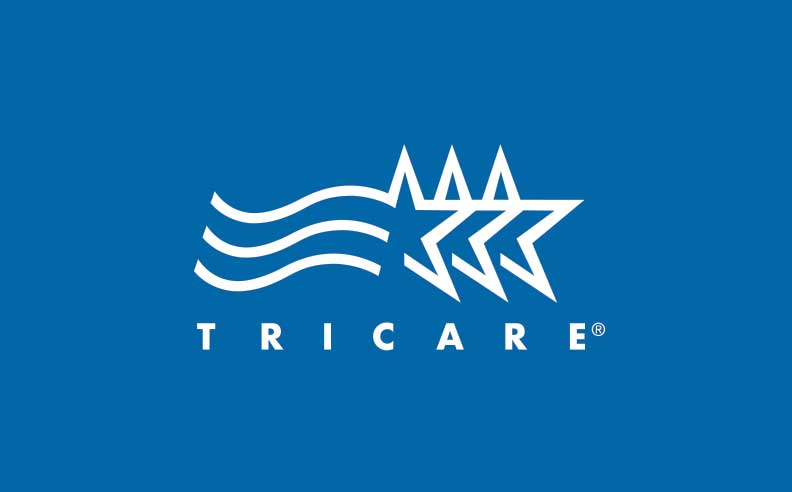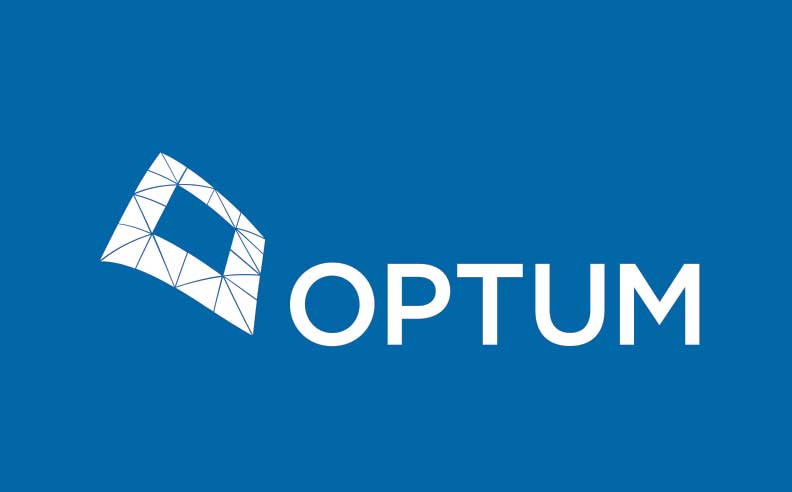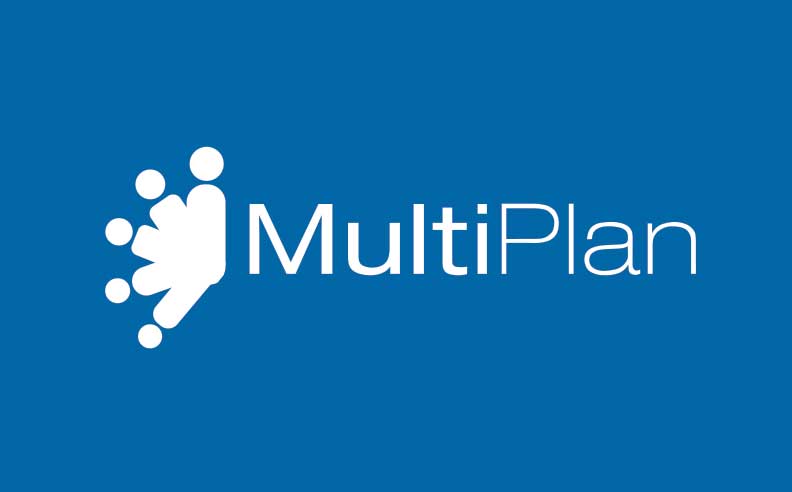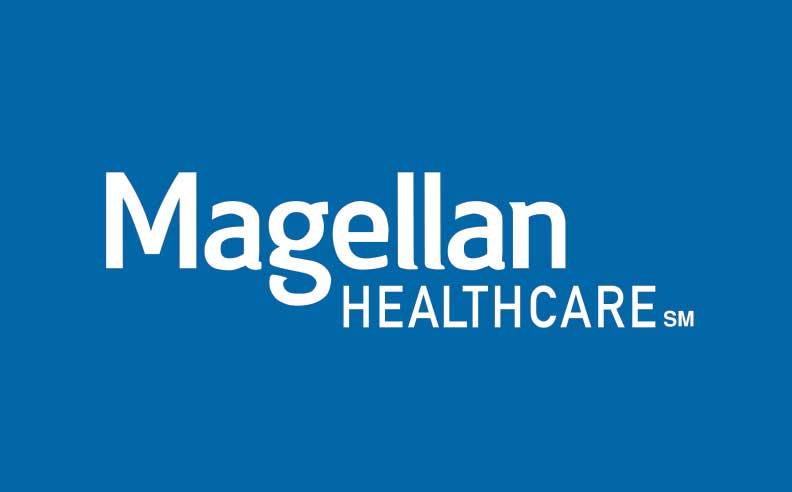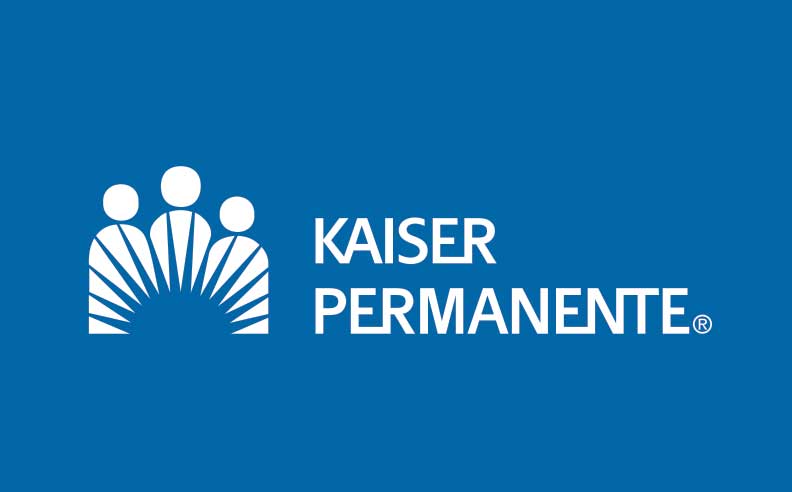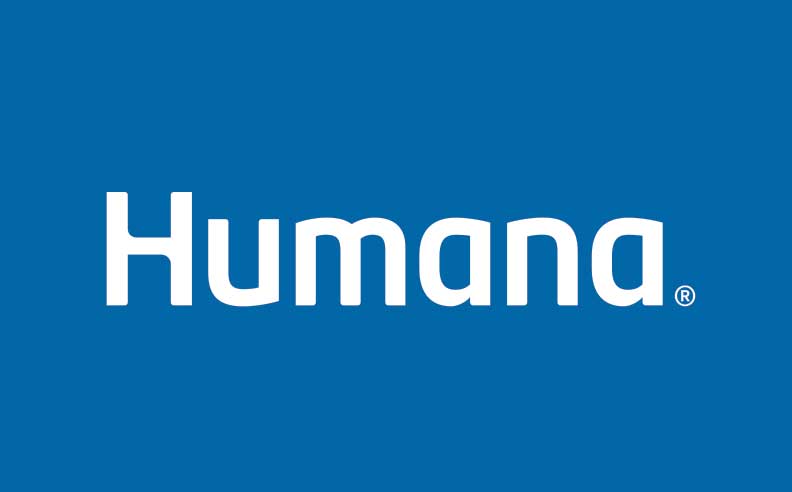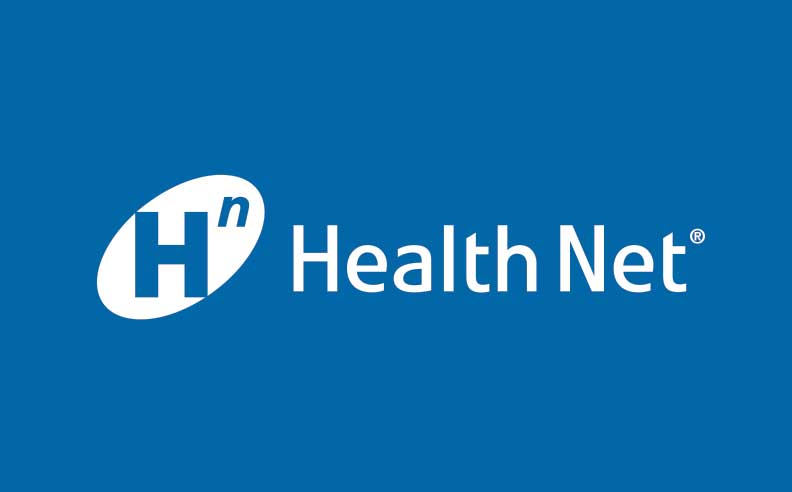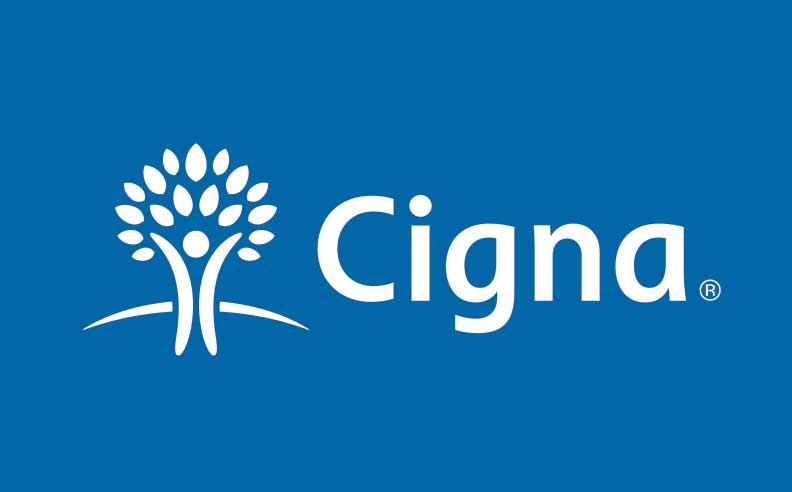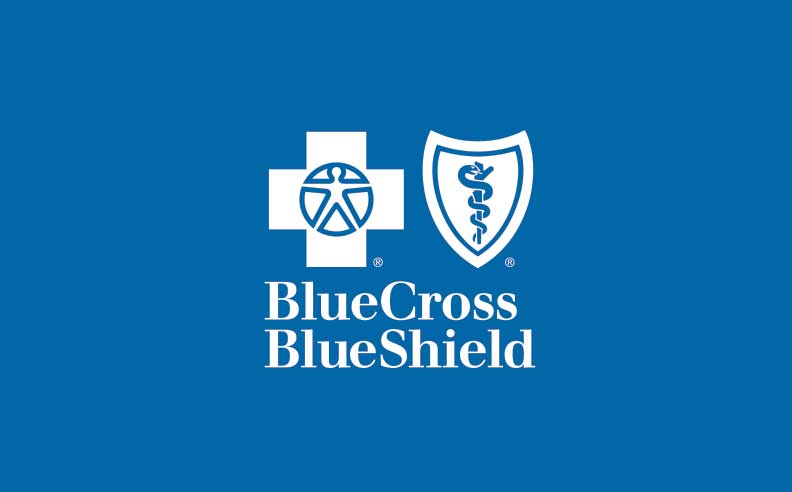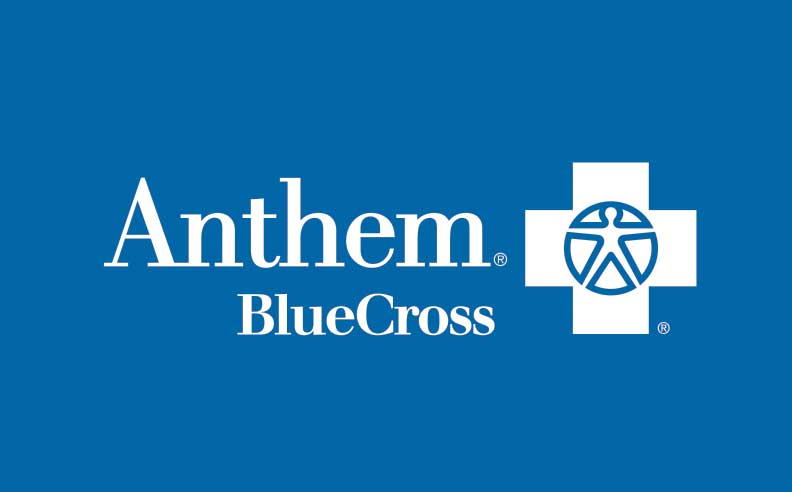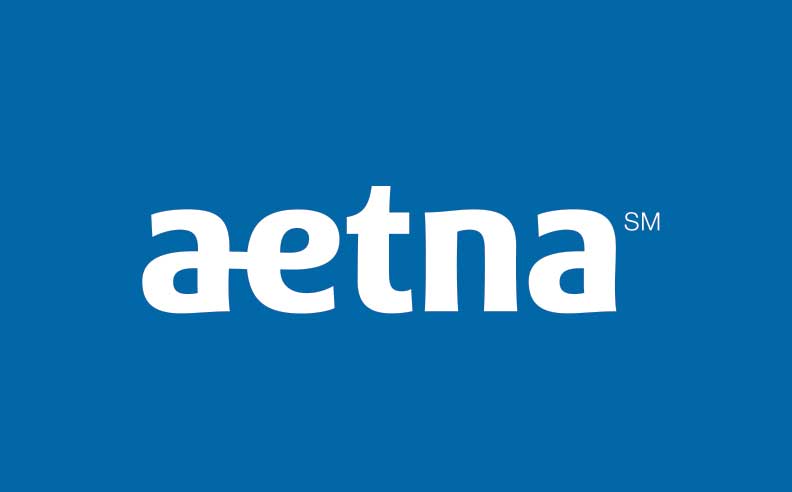What is Cognitive Behavioral Therapy?
Cognitive behavioral therapy (CBT) is a type of psychotherapy used to help treat many mental health disorders, eating disorders, and substance abuse disorders. Cognitive behavioral therapy concentrates on patterns of abnormal thinking and distorted beliefs that are the underlying causes for irrational emotions and thought patterns that can lead to mental illness and addiction.
This key concept for this type of therapy approach is the idea that thoughts and feelings are directly related to behavior. Therefore, gaining control of one’s thoughts and emotions can better dictate behavior. Negative thoughts are often ingrained in us since early childhood and, over time, they become automatic, resulting in dysfunctional behaviors.
Cognitive Behavioral Therapy and Mental Health/Addiction Treatment
Mental health and substance use disorders are often caused by deep-rooted, underlying emotional and mental triggers, such as trauma, low self-esteem, personality disorders, poor relationships and devastating conflict resolution skills. Cognitive behavioral therapy specifically works to help eliminate these negative aspects and develop positive coping skills by fixing abnormal thought processes.
CBT is also an effective form of therapy for depression, mood disorders, personality disorders, psychotic disorders and anxiety. CBT has also been shown to help with anger issues, low self-esteem, and physical health problems, such as pain or fatigue.
The Stages of Cognitive Behavioral Therapy
Cognitive behavioral therapy is generally a shorter-term treatment option (five to ten months) compared to other types of therapy however it is a step wise therapy approach where each phase must be completed successfully before an individual can move onto the next phase:
We’re Here for You
If you or someone you know is struggling, we’re here for you. Discovery Mood and Anxiety Program specializes in treatment for mental health, substance abuse, and dual diagnoses, by creating unique programs to help every individual find their way to recovery. For more information, resources, or to consult with one of our specialists, call 714.828.0808.


